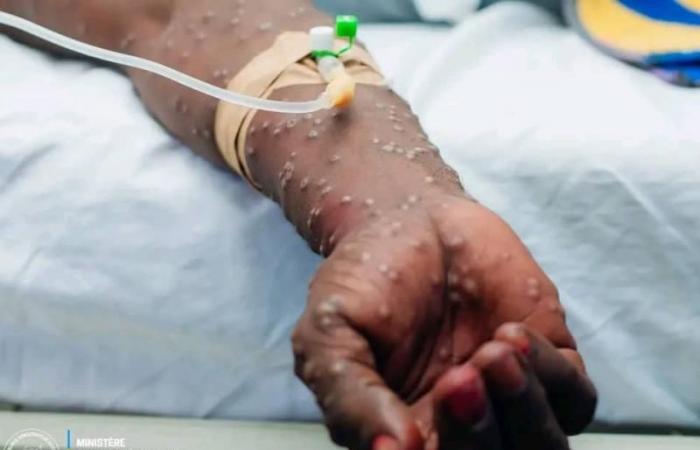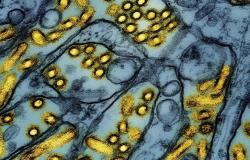The President of the Democratic Republic of Congo (DRC), Félix Tshisekedi, chaired a ceremony this Saturday at the National Institute of Biomedical Research (INRB) marking the official handover of reagents and laboratory equipment intended to strengthen the fight against the Mpox epidemic. This donation, provided by Africa CDC (African Center for Disease Control and Prevention), is in addition to new vehicles recently made available by the Congolese government.
During the ceremony, the Head of State received several presentations on the current situation of the epidemic. Dr Dieudonné Mwamba, Director General of the National Institute of Public Health, highlighted progress in the response: the number of suspected cases reported increased from 3,000 in 2022 to more than 61,000 in 2024, while biological detection improved from 9% to over 60%. Lethality also decreased, from 4.5% to 2.2% over the same period. However, efforts are still needed to improve diagnosis and further reduce deaths.
The Director General of Africa CDC, Dr Jean Kaseya, expressed his gratitude to President Tshisekedi for his commitment. He recalled that $10 million had been disbursed in August 2024 to support the fight against the epidemic and announced an additional envelope of $600,000 to cover the salaries of teams on the ground for six months. He also announced the extension of screening to seven new provinces, previously limited to the cities of Kinshasa and Goma.
The Minister of Health, Roger Kamba, praised the role of the President in this initiative. “This donation demonstrates that access to basic services is a priority for you,” he declared, while emphasizing the positive impact of this equipment in improving care.
Mpox, first identified in 1970 in Basankusu, in the province of Équateur, continues to rage in the DRC. Transmitted by animal-human or inter-human contact, this disease remains particularly present in the forest areas of the country.
Health





